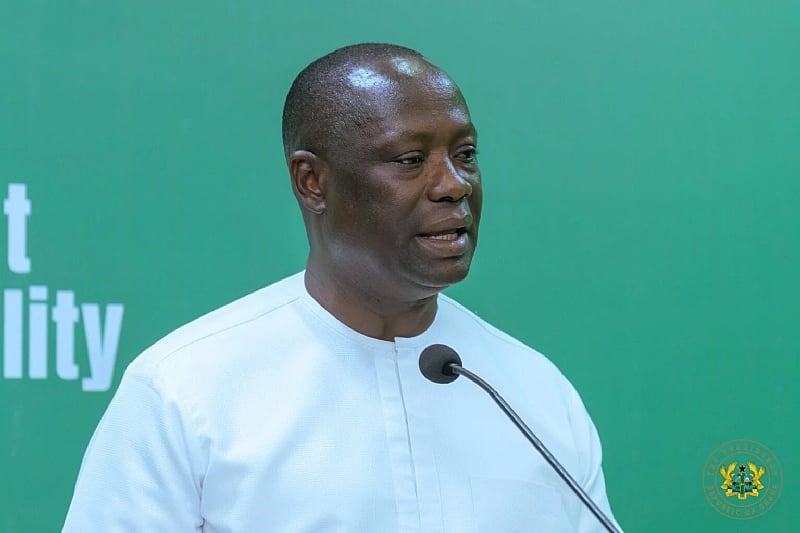The government of Ghana has embarked on a transformative initiative, the Responsible Cooperative Mining and Skills Development Programme (rCOMSDEP), aimed at revolutionizing the mining sector by fostering responsible and sustainable practices while concurrently empowering local communities to actively participate in and benefit from mineral resource exploitation. Launched in Bibiani, a town with a rich mining history, this programme signals a significant shift in the government’s approach to mining, emphasizing community ownership and sustainable development as core tenets. The rCOMSDEP seeks to address the historical imbalances in the mining sector, where local communities often bear the brunt of environmental degradation and social disruption while receiving minimal benefits from the extraction of valuable resources within their territories. By promoting cooperative mining and providing avenues for skills development, the government aims to create a more equitable and sustainable mining landscape.
Central to the rCOMSDEP is the concept of cooperative mining, a model that empowers local communities to directly engage in mining operations. This innovative approach involves large-scale mining companies releasing portions of their concessions to local cooperatives, enabling community members to actively participate in the extraction and management of mineral resources. This direct involvement not only provides an avenue for economic empowerment but also fosters a sense of ownership and responsibility towards environmental stewardship within the community. The programme also emphasizes the development of essential skills within these cooperatives, equipping them with the technical and managerial expertise necessary for successful and sustainable mining operations. By providing training, mentorship, and logistical support, the government, in collaboration with large-scale mining companies, ensures that local cooperatives are well-equipped to manage their mining activities responsibly and profitably.
The rCOMSDEP is designed to be a collaborative effort, with large-scale mining companies playing a crucial role in supporting the growth and development of participating cooperatives. They are expected to contribute not only by releasing portions of their concessions but also by providing essential resources and expertise. This collaborative framework fosters a mutually beneficial relationship, where large-scale mining companies contribute to community development while also benefiting from the enhanced social license to operate that comes with actively supporting local communities. The programme is structured to incentivize large-scale mining companies to participate by aligning their corporate social responsibility goals with the government’s vision for sustainable and community-focused mining. This creates a win-win scenario where both the companies and the communities benefit from responsible mining practices.
The government’s commitment to community engagement and sustainable development within the mining sector is clearly demonstrated through the rCOMSDEP. This initiative underscores the recognition that true and lasting development in the mining sector must involve and benefit the communities most directly impacted by mining activities. By empowering local communities to actively participate in the management of mineral resources, the government is not only fostering economic growth but also promoting environmental stewardship and social harmony. This holistic approach to mining ensures that the benefits of mineral resource extraction are shared equitably, reducing the potential for conflict and promoting sustainable development.
The initial reception of the rCOMSDEP has been positive, with several large-scale mining companies expressing their willingness to support the programme. This positive response signals a growing recognition within the mining industry of the importance of community engagement and sustainable practices. The participation of established mining companies like Asante Gold Corporation in Bibiani sets a positive precedent, demonstrating the viability of the cooperative mining model and encouraging other companies to follow suit. This collaborative spirit is crucial for the success of the programme and highlights the potential for transformative change within the mining sector.
The launch of the rCOMSDEP marks a significant milestone in Ghana’s journey towards a more responsible and sustainable mining sector. This initiative sets a new standard for community engagement and resource management, demonstrating the government’s commitment to ensuring that mining activities benefit not only the national economy but also the local communities where these resources are located. By empowering local communities, promoting skills development, and fostering collaboration between stakeholders, the rCOMSDEP lays the foundation for a mining sector that is both economically viable and socially responsible. This programme serves as a model for other resource-rich countries seeking to create a more equitable and sustainable future for their mining communities.














